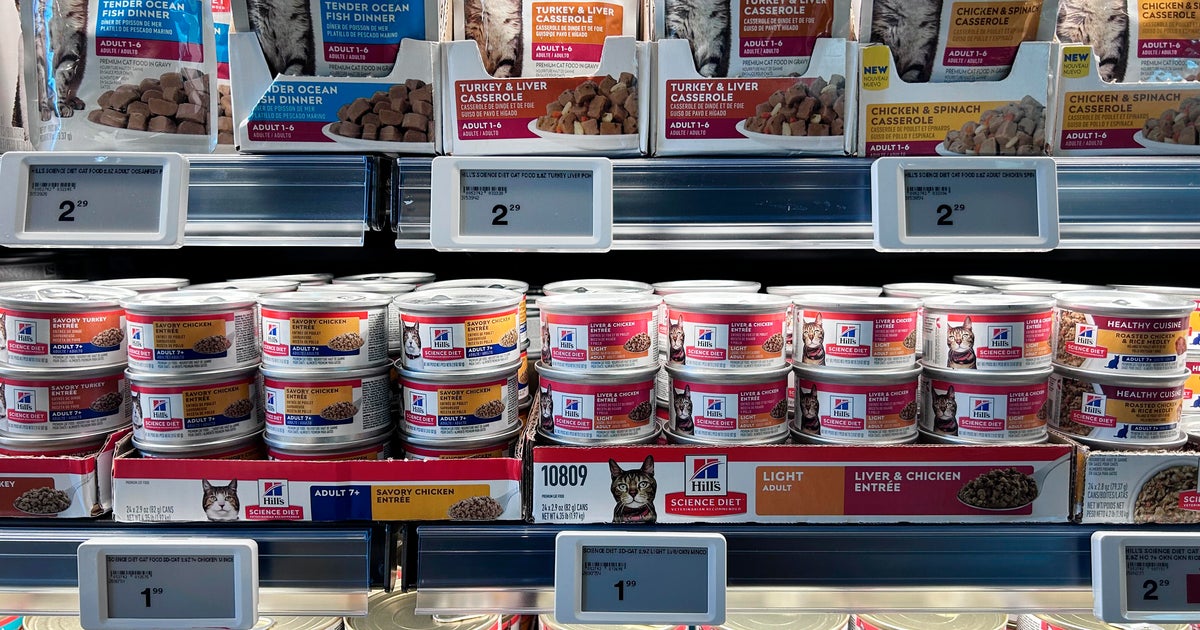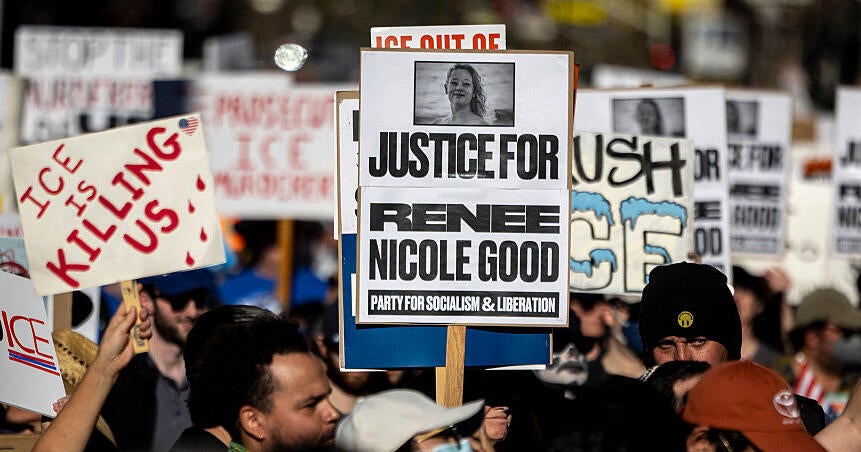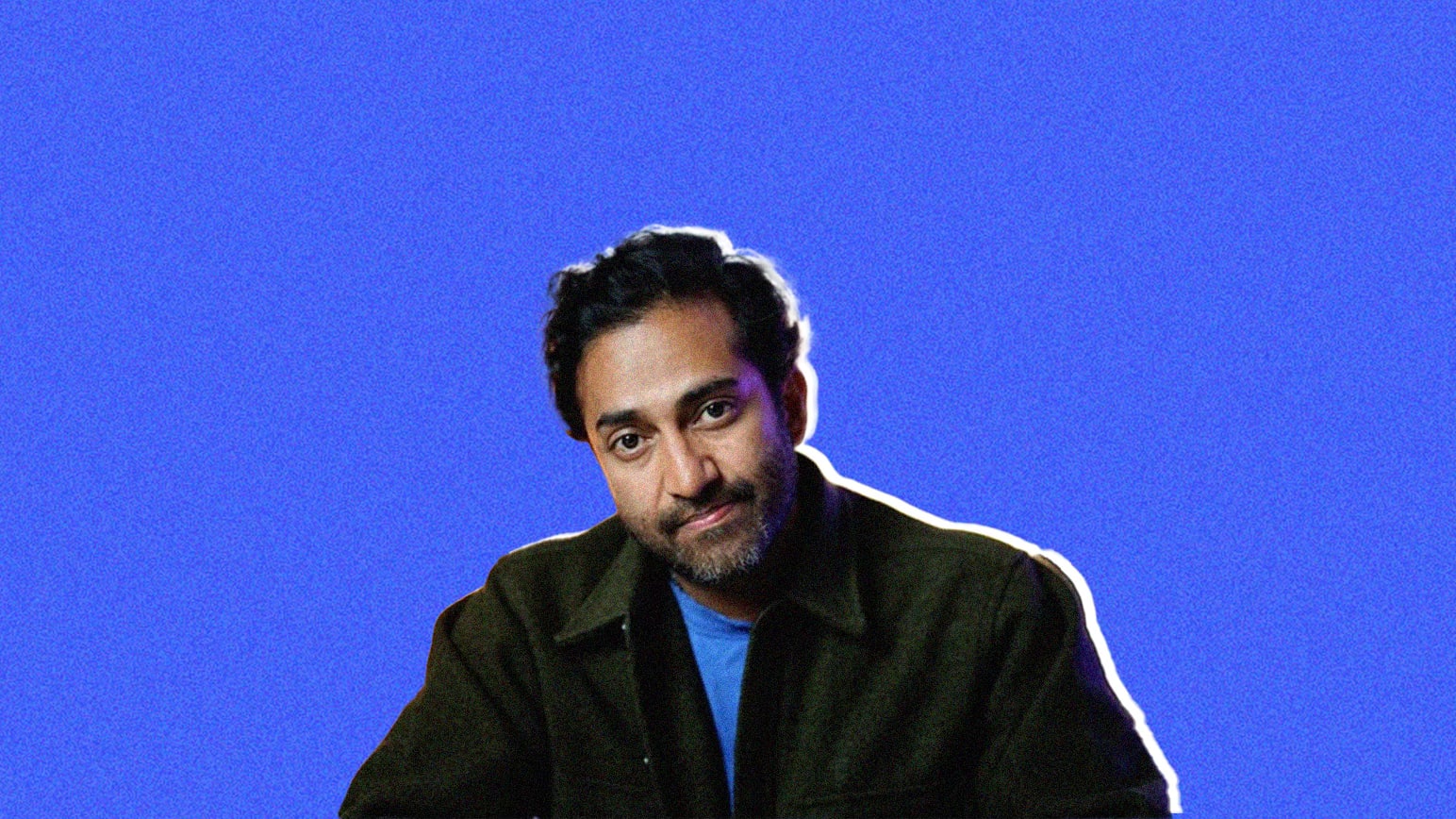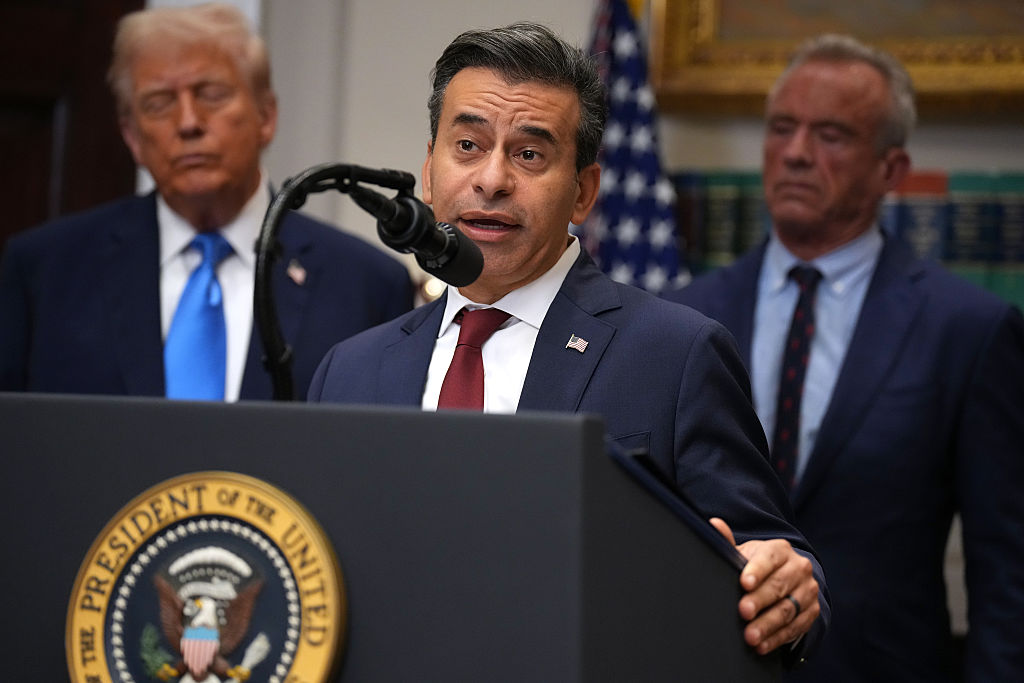FDA rejects Roctavian, BioMarin hemophilia drug
Shares of drugmaker BioMarin plunged 35% after federal regulators rejected the company's potentially game-changing hemophilia A gene therapy over concerns it might not really be a one-and-done treatment.
The U.S. Food and Drug Administration's notice denying approval of the treatment late Tuesday means the California-based company will have to complete an ongoing late-stage patient study. It also means the gene therapy treatment, called Roctavian, likely won't see approval until late 2022.
The drug, if approved, could have freed hemophilia A patients from frequent, extremely expensive infusions of a blood-clotting therapy to prevent dangerous internal bleeding. Although BioMarin hasn't set a price for Roctavian, the therapy could cost as much as $3 million.
That would make it the world's most expensive drug, surpassing the $2.1 million for Novartis's gene therapy Zolgensma, according to Stat. Treating hemophilia A typically costs about $300,000 a year, according to the health care and biotech news site.
BioMarin said in a statement that company officials and the FDA previously agreed on how much testing data the agency required to review Roctavian. However, in its rejection letter, the FDA recommended Biomarin finish the late-stage study and provide two years' worth of follow-up data on Roctavian's safety and efficacy.
"We are surprised and disappointed that the FDA introduced new expectations for the first time in the Complete Response Letter," CEO Jean-Jacques Bienaimé said in a statement. "We are confident in valoctocogene roxaparvovec gene therapy and its potential to redefine the treatment paradigm for people with hemophilia A."
Analysts at Wedbush Securities said BioMarin "was utterly blindsided" by the FDA's rejection. Roctavian is the only drug so far able to sustain a reduction in bleeding for patients, analysts said. It had been highly anticipated by doctors, patients and investors.
The FDA isn't clear on how long Roctavian would last in patients because a small, early-stage study and interim data from a late-stage study doesn't specify a time frame.
Questions about how long Roctavian would last came amid rumors that Biomarin could set a price tag as high as $3 million per patient. That would make it the most expensive therapy ever approved by the FDA.
SVB Leerink analyst Joseph Schwartz slashed his 12-month price target for BioMarin's stock from $140 to $113 per share. He called the FDA ruling a "major negative surprise," but added, "We would not sell the stock here, as disappointing as this is."
Roctavian was meant to free patients with severe hemophilia A from 100 to 150 IV infusions of Factor VIII per year to prevent – or at least reduce – spontaneous bleeding in joints and muscles. It would have been the first gene therapy approved in the U.S. for any type of hemophilia.
Hemophilia is a rare, genetic bleeding disorder in which people don't have enough of a clotting protein called Factor VIII due to a mutation in the gene responsible for producing it. Patients often repeatedly suffer painful internal bleeding. About 1 in 10,000 people have hemophilia A, and about half of them have a severe case.





